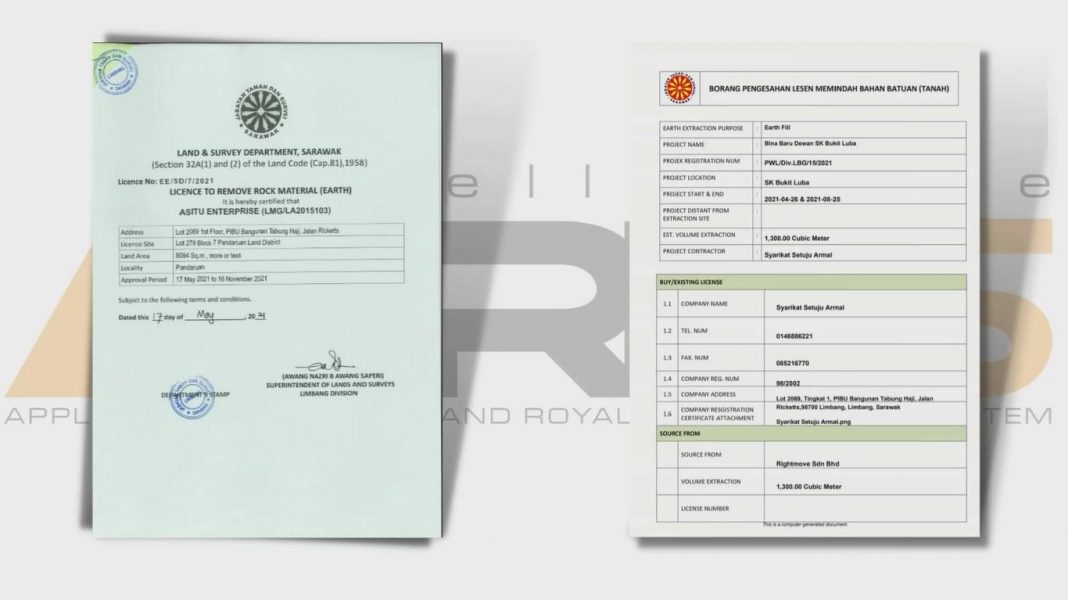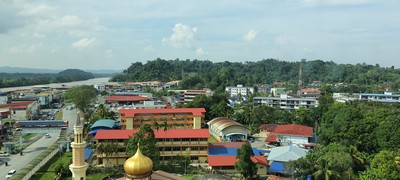
Royalty collection of licences to remove rock material (earth) (LMBB) is viewed as a vital source of revenue for the Sarawak Government, accounting for a total of around RM21.3 million collected from 430 licences between 2018 and 2020.

The Department of Land and Survey Sarawak (JTS) is responsible in ensuring that these royalties are collected efficiently. This is in accordance with Section 32A of the Sarawak Land Code, which states that:
“No person, whether or not he is the lawful proprietor or occupier of the land, may remove any rock material or any commodities manufactured therefrom on such land, except under and in accordance with a licence issued to him by the Superintendent.
“Licences issued… shall be subject to such terms and conditions as may be imposed including the payment of such royalties as the Minister may approve.”
However, studies on government development projects involving earth filling have found that unlicensed earth removal activities, neglected licence application and manipulation of earth quantity have led to inefficiency in the collection of royalties based on actual needs of the projects.
According to records at JTS Limbang Division, only four earth licences were issued for government projects (other that Department of Public Works or JKR) in Limbang Division within three years with total royalty collection of merely RM128,132.
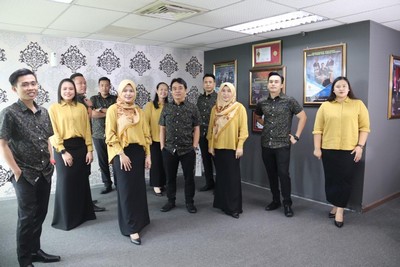
Moreover, there is no matching earth licence for 163 government projects with earth filling components under the supervision of JKR Limbang Division in the same period, resulting in an estimated royalty loss amounting to RM365,307.
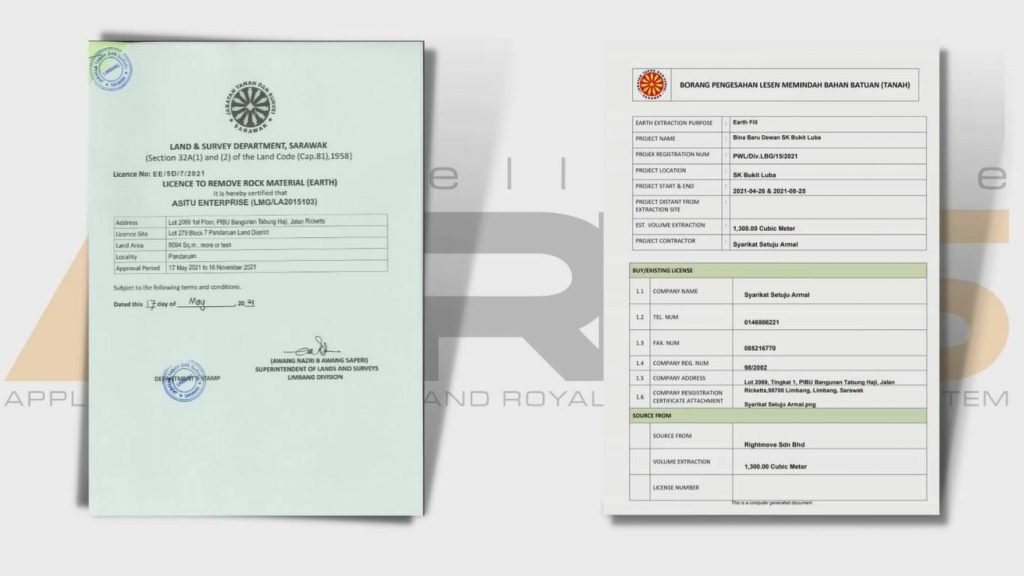
For that, JTS Limbang Division through innovative creative circle (KIK) team Lands Tahai Q came up with the idea of an innovation project that aimed to tackle the low royalty collection of LMBB for government development projects that have been gaining momentum in Sarawak for the past several years.
Yet, as they recounted in an interview with RAKAN Sarawak, the team realised that they could not “stand alone” – if they wanted to overcome the problem before it even happened, they needed to collaborate with JKR, because most government projects in Limbang Division are under the purview of the public works agency.
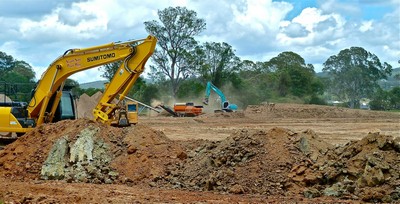
Thus, taking the “prevention before it happens” approach – to solve the problem at an early stage before any development project involving earth filling is handed over to the contractor – JTS and JKR Limbang Division under KIK hybrid team Lands Tahai Q Hybrid Ta’rom embarked on a project collaboration that hoped to prevent the government from continuing to incur losses due to non-collectable LMBB royalties.


